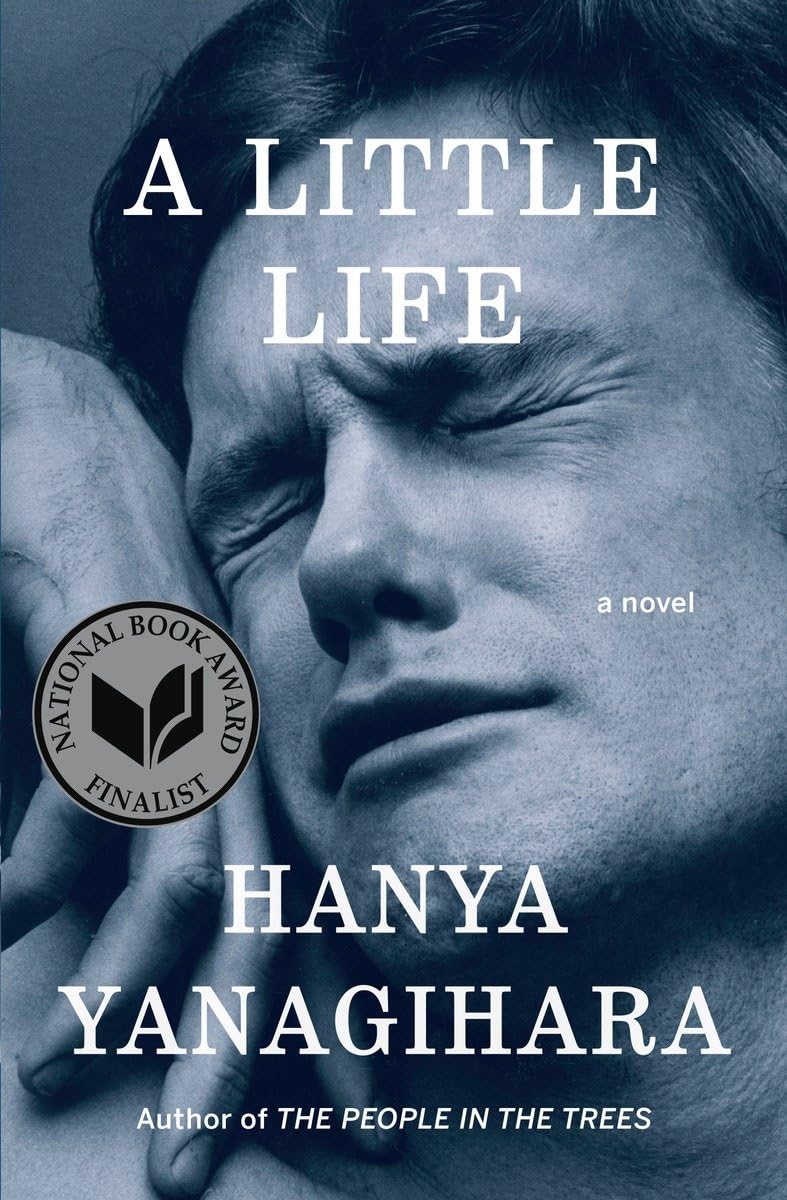Chapter 3: Jude and the Past
byBut even in silence, Brother Luke was real—undeniably real. He existed as vividly as the scars on his skin and the memories in his mind, an indelible part of who he was. It was a truth he wrestled with daily, this idea that someone who had caused him so much pain could still hold such a profound presence in his life. He hated him for what he had done, yet there were moments, fleeting and disorienting, when he found himself missing something about him.
How could he hold such conflicting emotions at once? He despised Luke for the harm he caused, for the way he had stolen so much from him, yet there was a part of him that couldn’t entirely let go. That part remembered the moments of kindness, the illusion of safety, the twisted facsimile of love that Luke had provided. And even as he rejected those feelings, he couldn’t deny their existence.
Luke was gone, but he wasn’t—not really. His absence was a presence, an invisible weight pressing down on him, a shadow stretching over every interaction, every touch, every attempt to move forward. He haunted his thoughts, slipping into his mind when he least expected it, disrupting even the moments that should have brought him peace. Luke might have been dead, but his influence lived on, shaping the way he navigated the world and his relationships.
Every time he flinched at a kind gesture, every time he hesitated before trusting someone, every time he pulled back from touch, he felt Luke’s legacy in his bones. It was maddening, this realization that even in death, Luke had power over him. He wanted to believe that he was free, that he had reclaimed himself, but the truth was harder to face. The past wasn’t something he could outrun—it was something he carried, no matter how much he tried to set it down.
He had spent years convincing himself that survival meant forgetting, that moving forward required burying the memories deep where they couldn’t reach him. But burying wasn’t the same as healing; it was only hiding, and the hidden things had a way of resurfacing. The name he refused to say, the memories he tried to suppress, the emotions he couldn’t untangle—they were all still there, waiting in the silence, unspoken but undeniable.
Luke’s presence wasn’t just in the memories; it was in the way he saw the world, the way he saw himself. It was in the way he mistrusted kindness, doubted love, and feared vulnerability. It was in the way he braced for pain even when there was no threat, in the way he questioned his worth even when he was surrounded by people who cared for him. How could someone who was gone still hold so much sway over him, still dictate the way he lived his life?
Yet despite it all, he was still here. He was still standing, still breathing, still trying. Maybe that was the greatest rebellion of all—not erasing the past, not pretending it hadn’t shaped him, but continuing to exist in spite of it. Each day he woke up, each time he allowed himself to smile, each moment he spent building something new, he defied the weight of what Luke had left behind.
One day, he thought, he might finally say the name and feel nothing. One day, it might lose its power, becoming just a word, no longer a weapon or a wound. And maybe that day would mark the beginning of true freedom—a moment when the ghost would finally fade, and he could step into the future unburdened. Until then, he carried the contradictions, the scars, the memories, and the hope that, one day, he would no longer have to carry them at all.


